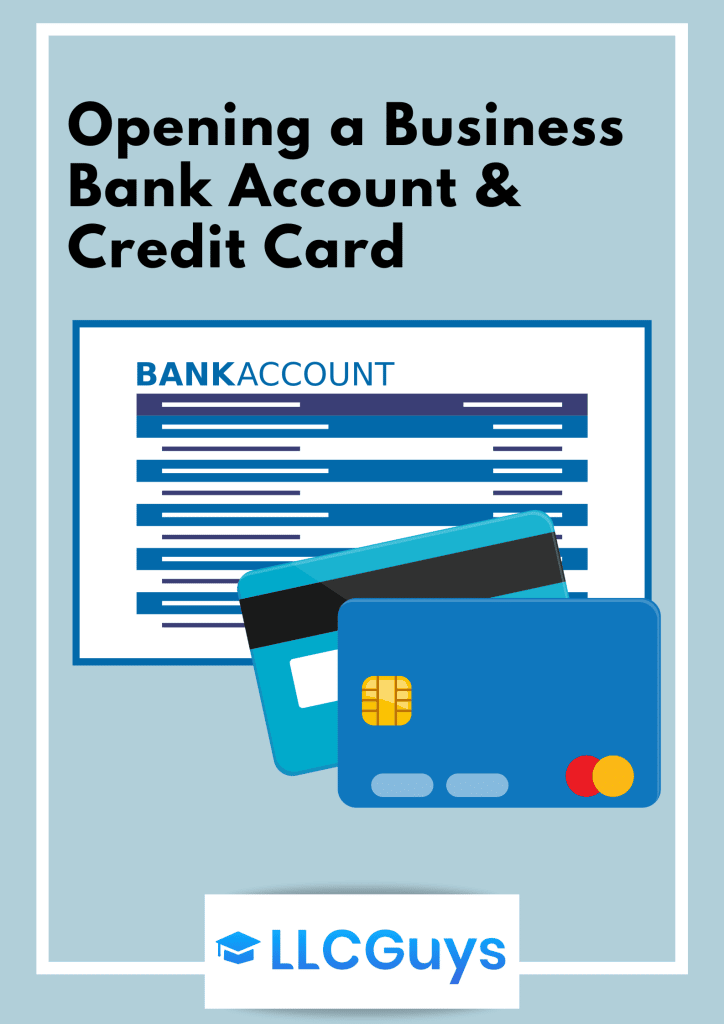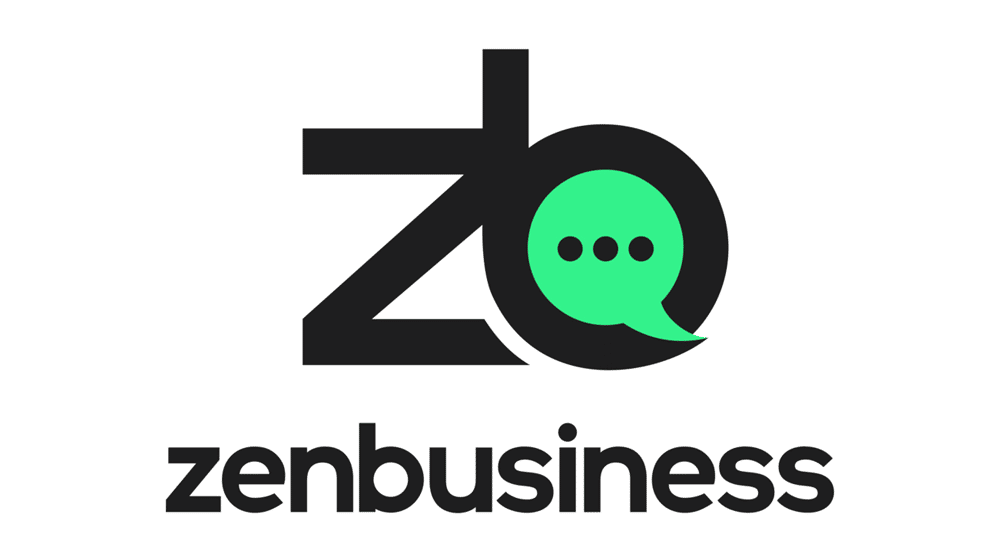How to Start a Personal Chef Business (a 10-step, Beginner-friendly Guide)
Hire Professionals to Start an LLC for Your Personal Chef Business (from $0 + state fees)

Have you ever dreamt of taking your chef skills and passion for cooking to the next level, while avoiding a hustle-filled restaurant environment? OR Are you an avid home cook looking to turn your own culinary arts hobby into a rewarding career? Either way, starting a personal chef business could be the perfect venture! You will get to craft exquisite dishes in an atmosphere that is both relaxed and enjoyable. Plus, make some great friends – all while making more money than ever before.
Personal chefs are no longer exclusive to the wealthy. With a hectic lifestyle, more and more people are relying on personal chefs for preparing meals in advance, delivering ready-to-eat dishes or even cooking for dinner parties. The catering industry has witnessed an incredible uptick over the past decade – soaring by 40%! Therefore, it is evident that demand for personal chefs continues to skyrocket.
If you want to skip the hassle of starting an LLC for your personal chef business yourself, consider using professional help for the best price in the market:
- Northwest Registered Agent ($39+state fees) (best support)
- ZenBusiness ($0+state fees) (best price)
As for any business, you will also need an LLC for your personal chef business. You can create one yourself easily by following our step-by-step guide on how to start an LLC.
- Hire Professionals to Start an LLC for Your Personal Chef Business (from $0 + state fees)
- Benefits of Starting a Personal Chef Business
- Pros and Cons of Starting a Personal Chef Business
- Personal Chef Industry Trends
- How to Start A Personal Chef Business (Step-by-Step Guide)
- Get Professional Help in Forming an LLC for Your Personal Chef Business
- FAQs
Benefits of Starting a Personal Chef Business
If you’re looking for a successful business venture, opening your own personal chef service offers numerous rewards, such as:
Compared to other foodservice companies, starting a personal chef business requires minimal resources and ongoing expenses. This grants you an advantage in achieving profitability without the need for taking out costly loans. On top of that, there’s no demand for commercial space or cooking equipment – apart from essential cookware like pans and utensils – as the cooking is done in your clients’ homes with groceries being purchased at neighbourhood stores!
Starting a small personal chef business can be accomplished realistically with an investment of $5-$15K in the initial 3 months.
Being a personal chef provides flexibility that restaurant workers just don’t have. Not only do you avoid the late nights, but when you’re not cooking or advertising for new clients, you can manage your business from home allowing more time to spend with loved ones.
As a personal chef, nothing is quite as gratifying as cultivating lasting relationships with your clients – particularly those you serve on an extended basis.
As a personal chef, you have the opportunity to let your creativity shine and create an array of dishes for clients. There is no better way to familiarize yourself with multiple cuisines from around the world than being a personal chef – expanding your culinary knowledge as if taking a journey through countries in each dish!
In short, if you plan your cards astutely, becoming a personal chef can bring in considerably more money than other food service jobs. Most personal chefs work charge a flat rate for their services; however, when calculated hourly many are earning between $40-$100/hour. If they have enough clients to fill up the calendar every week – and even hire additional chefs as they expand – it’s not uncommon for them to make upwards of $150K each year!
Pros and Cons of Starting a Personal Chef Business
Pros
Cons
Starting a Personal Chef business comes with many benefits, however it is important to consider the potential cons.
Personal Chef Industry Trends
Industry Size and Growth
The US catering industry is an impressive one, worth $16 billion in 2022 and having grown by over 40% in the last ten years.
In addition to this, it has been estimated that 4.1% growth will be experienced throughout 2022 and 144,560 catering businesses are currently running across America with 295,017 people employed within the sector.
These staggering statistics also relate directly to how many personal chefs do; so if you’re considering joining their ranks know that there’s a place for you!
Trends and Challenges
The current trend in the personal chef industry is quite remarkable; due to the pandemic, there’s been a surge of demand for private chefs as individuals still want gourmet meals, but couldn’t dine out.
This pattern appears to be showing no signs of slowing down either! Moreover, another lucrative opportunity within this sector is personal chefs being hired for company events and dinners – something which has seen steady growth over recent years.
Challenges in the personal chef industry include:
As the pandemic spurred many chefs to vacate their restaurant posts and begin a career as personal chefs, competition has become fiercer in the industry.
With inflation propelling food expenses ever higher, personal chef prices have had to increase too, which may lead some consumers away from this service.
How to Start A Personal Chef Business (Step-by-Step Guide)
Are you an expert in the kitchen? You can take advantage of this market growth and start your own personal chef business – helping busy people eat properly while making a great income. However, before you get started with cooking for others, there’s some homework to do; such as understanding the business side of things. Thankfully, this comprehensive guide breaks down everything you’ll need to know to launch a flourishing personal chef enterprise!
1. Identify the Opportunity and Target Market

Putting some solid research into the local and most personal chefs and chef businesses in your area will be vital to examine what services they offer, their prices, and customer reviews. You must aim to discover a market gap that you can fill – are there any professional chefs who specialize in kosher meals or vegan dishes? Or perhaps there isn’t yet a service offering fresh-cooked meals right inside clients’ homes? If so, this could be an excellent opportunity for potential success.
Determine Your Products or Services
When it comes to running your business, you have several choices. You can provide a cooked-to-order service for customers in their homes or freeze meals; likewise, you can offer personal chef services as well as full catering services. No matter what option is chosen, ensure that each client receives individualized meal plans tailored to their specific tastes and dietary requirements.
Identify Your Target Market
To reach your target market, consider seeking out established individuals via Facebook and LinkedIn. And don’t forget to check Google or Yelp for potential corporate clients; you could even try calling them directly!
Choose Your Business Premises
As your business begins to take off, it’s prudent to keep overhead costs low by running operations from the comfort of your home. However, as you expand and hire more employees for different roles, you’ll have no choice but to look into renting a commercial kitchen. Thankfully there are multiple sites such as Craigslist, Crexi and Instant Offices where you can find suitable spaces that fit your budget in no time!
When looking for the perfect commercial space, heed these guidelines:
2. Find a Good Business Name

Crafting a business name that summarizes your mission, services and objectives in just a few words is essential to the identity of any brand. You may also want it to be short and memorable since many of your potential customers will hear about you through word-of-mouth referrals. Make sure every aspect of how people refer to you reflects who YOU are!
When coming up with a name for your business, there are several factors to consider. It should be short, memorable and catchy while also being easy to say and spell.
The name should reflect the product or service you offer – adding relevant keywords like “personal chef” or “private chef” will increase SEO ranking too!
Additionally, avoid location-based names that could limit growth in the future if you decide to expand your offerings. Brainstorm ideas among friends, family members and colleagues on social media – they may have some great suggestions!
3. Create a Business Plan

A solid business plan is indispensable for launching a successful startup. This document will guide you through the process, helping to keep your eye on ambitious objectives. Additionally, it allows potential partners and investors to understand business structure of your company more thoroughly and be inspired by its vision.
4. Register Your Business

Setting up your business is the very first step to success; it’s key for covering taxes, capital investments, establishing a bank account and other fundamental steps in building an established business. When deciding on a location for your venture, make sure you always take into consideration all state regulations as well as potential revenue sources. Tax implications are also essential since they can have a major impact on how much money you will be bringing home each month! If you’re a personal chef entrepreneur, staying in your state may be good enough; however, certain states offer more benefits for businesses like yours. Moving to those places could ensure that your business achieves maximum success! Plus, transferring an already established company is relatively easy and painless. Why not give it a try?
5. Fund Your Business

Obtaining the necessary funds is an essential step in your journey and there are numerous options to help you secure the financing that you need.
6. Open a Business Bank Account and Get Insured

In order to begin earning money, you must open up a bank account in which to store your funds.
Establishing an independent bank account for your business is a beneficial and easy endeavor – regardless of whether you are managing your personal chef company as a sole proprietorship. By keeping separate accounts, filing taxes and tracking income becomes much more straightforward. Many major banks provide customized business accounts with varying rates and features; speak to the personnel at the banking institution of your choice today to find out what they have available!
Carefully inspect the various available banking options to determine which presents the best plan for you. Subsequently, once your decision is made, bring your EIN (or Social Security Number if you are a sole proprietorship), incorporation papers, and any other relevant legal documents with you when opening up an account at that bank.
As an entrepreneur, it can be easy to overlook the importance of business insurance – yet when disaster strikes, you will find that sound coverage is absolutely vital for your success. Insurance safeguards you and your venture from unforeseen occurrences that could have a major impact on operations.
Here are some types of insurance to consider:
7. Advertising and Marketing

As the grand opening draws closer, take advantage of this opportunity to review and enhance some critical elements of your company. A significant part of your success will come from casual online searchers, but it is still essential that you dedicate resources to digital marketing! The publicizing campaign can be a game-changer for any new small business owners as it increases visibility and consumer recognition.
Get your website connected to all of your social media accounts and vice versa. Harness the power of social media to promote your business – post entertaining content that will spread awareness about what you have to offer! Additionally, this is a great way for potential customers to find out more information about what you are offering.
8. Kickstart Marketing

Utilize your website, social media outlets, and in-person events to boost recognition of your products and services as well as bolster your brand. Here are a few ideas:
9. Build Your Team

When your next personal chef business model is ready to expand, you might need to recruit employees for a variety of roles.
Possible positions include:
- Sous Chefs that help prepare dishes;
- An experienced General Manager who can oversee scheduling, budgeting and ordering;
- As well as a savvy Marketing Lead with expertise in SEO strategies and social media platforms.
Identifying the right personnel is a crucial step to take your client’s home or office business closer to achieving success!
Depending on the size and scope of your enterprise, you might seek to recruit a variety of personnel or just one or two. Furthermore, you could decide to designate multiple staff members for single roles – or even employ individual employees who specialize in various tasks – based upon the requirements of your business.
10. Start Earning Money

If you have a love for cooking and providing excellent cuisine to your customers, now is the ideal moment to establish your own personal chef business. With personalized service at its peak in popularity, this is an opportune time for ambitious chefs such as yourself – armed with culinary flair and entrepreneurial know-how – to make their mark! So what are you waiting for? Put on that apron and let’s get started on launching your own successful personal chef business endeavor!
Get Professional Help in Forming an LLC for Your Personal Chef Business
It can be difficult and time-consuming to form an LLC all by yourself.
That’s why we decided to give you a few of the best options for professional services that can help you start an LLC in no time & with 0 effort!
#1 – Create an LLC Using Northwest Registered Agent
Northwest has vast experience in creating LLCs and Corporations. They by far have the best support and client satisfaction rate. We’ve used and tested them ourselves and can guarantee that they’ll do an exceptional job for you.
You can read an extensive Northwest review here.
#2 – ZenBusiness Can Help You Form an LLC
ZenBusiness is one of our top-rated LLC services as well. They have a super value-to-price ratio. And it’s perfect for those who are looking for the cheapest option to form their LLCs. When we tested their service — they’ve done a great job, so we can honestly recommend them.
To know more about them — read our ZenBusiness review here.





